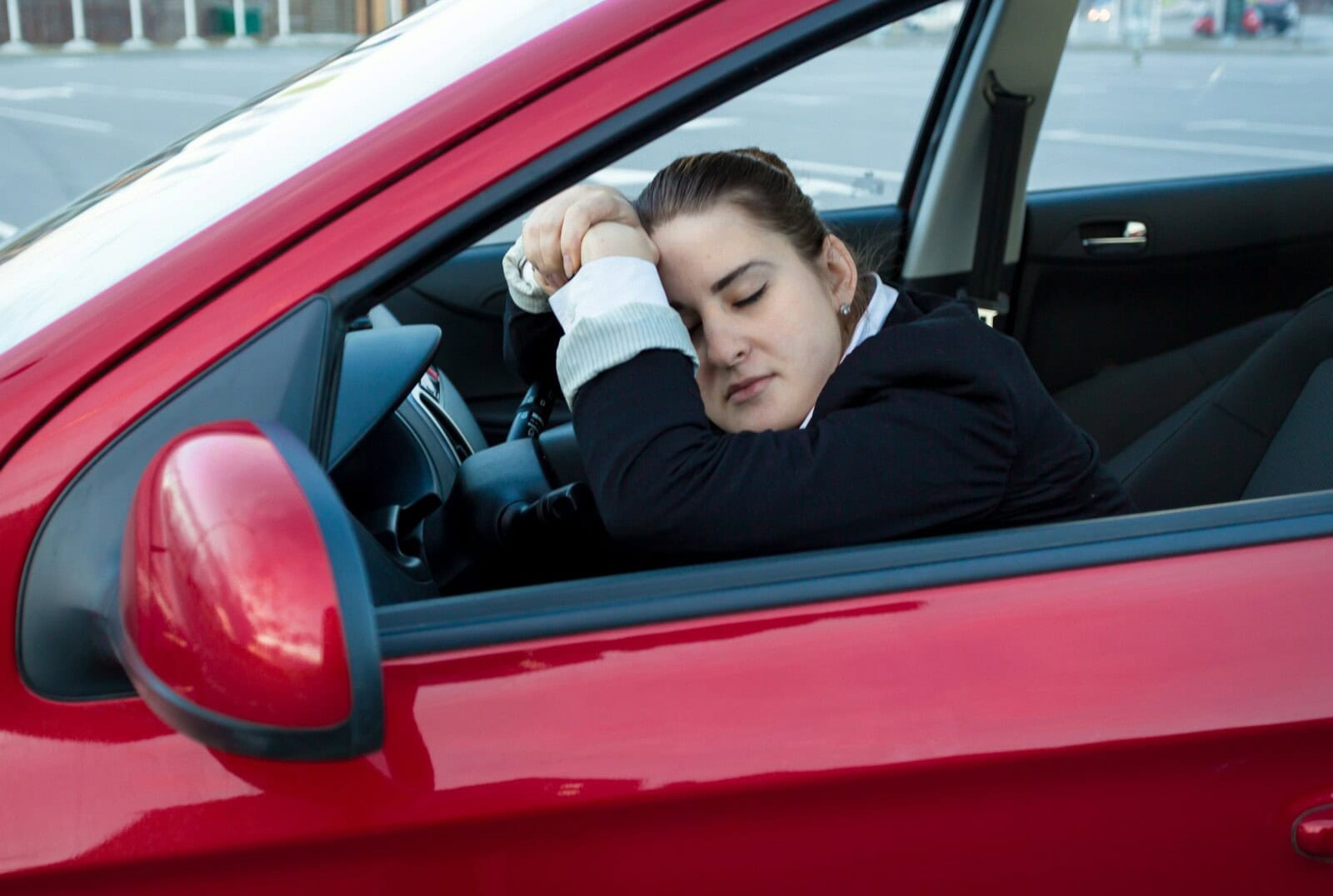A "physical control" DUI occurs when a person is physically in or on a vehicle and has the capability to operate it, even if the vehicle is not actually being driven at the time. This means you don't necessarily have to be driving to face DUI charges; merely being in a stationary car with the intent or ability to operate it can be enough.
Different states have slightly varied definitions of "actual physical control," but the core idea remains consistent. Keep reading to learn more about how physical control DUI works in Florida.

Defining Physical Control DUI
Physical control DUI laws involve situations where a person is impaired yet not actively driving. This law aims to prevent potential harm by addressing the risk posed by impaired individuals who might decide to drive later.
Legal Definitions and Distinctions
The term "physical control" is essential in DUI laws across most states, Florida included. It means having the capability to operate a vehicle while being under the influence, even if you are not driving.
For example, if you are found sitting in the driver’s seat with the keys in the ignition, you might face charges under physical control DUI laws. Each state defines physical control slightly differently. In Florida, section 316.193(1) of the Florida Statutes clearly states that a person can be charged with DUI if they are in actual physical control of a vehicle, regardless of whether they are actively driving it at the time of arrest.
Understanding "Actual Physical Control"
"Actual physical control" is a legal term that implies you can operate the vehicle, even if it is stationary. This control can apply while you are in the driver's seat, the vehicle is parked, and the keys are accessible.
When the prosecution is trying your case, they only need to establish that you had the ability to initiate movement - not even that you intended to initiate movement.
Determining Driver's Control Over the Vehicle
The key element of a Physical Control charge is whether the individual was in actual control of the vehicle. Factors considered include geographic location, such as being in a driver's seat or near the steering wheel, and location of the car’s keys.
Relation to Keys and Vehicle Operation
The proximity of keys to the driver is one of the more important aspects of physical control determination. If you had the keys on your person or within easy reach, authorities might assume you were in control of the vehicle.
However, if your keys were in your trunk, for example, the police officer may determine that you could not have physical control at that time. Courts often view having easy access to the keys as an intent to operate the vehicle.
Consequences of Physical Control DUI
A "physical control" DUI charge can lead to severe legal penalties, license suspension, ignition interlock device mandates, and significant effects on both your insurance and employment prospects.
License Suspension and Ignition Interlock Requirements
A physical control DUI often results in license suspension for a minimum of 90 days. You may be required to install an Ignition Interlock Device (IID) on your vehicle, which tests your breath for alcohol before allowing the car to start. This requirement can last for a year or more. Timely compliance with these mandates is crucial to avoid extended penalties or additional legal issues.
Insurance Impacts and Employment Ramifications
A physical control DUI will likely lead to a significant increase in your insurance premiums. Insurers view DUI offenders as high-risk clients, which translates into higher costs. Additionally, certain employers might conduct background checks where a DUI conviction could show up, leading to potential job loss or difficulty securing new employment. These issues underscore the long-term impact of such a conviction on your personal and professional life.
Were You Charged With A Physical Control DUI In Florida?
If you have been charged with a physical control DUI in Florida, you need to speak with a DUI lawyer at Weinstein Legal Team about your charges right away. Our defense lawyers are available any time of day to discuss your charges, and your case review is always free.
Click here to schedule a free consultation with an experienced criminal lawyer, or give us a call at 888.626.1108 to speak with a lawyer now.


